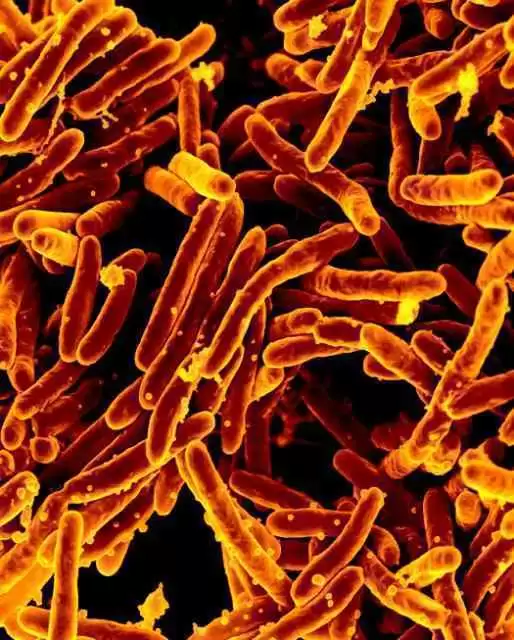
Celiac.com 01/13/2020 - Numerous genetic studies have identified many highly significant SNPs related to hundreds of diseases or medical conditions. However, very little is known about how GWAS-identified SNPs or combinations of SNP biomarkers can predict the risk for certain diseases, such as celiac disease.
A team of researchers recently set out to assess the extent to which GWAS-identified SNPs or combinations of SNP biomarkers can predict disease risk.
Celiac.com Sponsor (A12):
The research team included Jonas Patron, Arnau Serra-Cayuela, Beomsoo Han, Carin Li, and David Scott Wishart. They are variously affiliated with the Department of Biological Sciences, University of Alberta, Edmonton, Canada, and the Department of Computing Science, University of Alberta, Edmonton, Canada
Currently, one of the most common ways researchers gauge the performance of any given predictive biomarker is to calculate the area under the receiver-operator characteristic curve, aka AUROC.
To create ROC curves and calculate the AUROC using summary-level GWAS data, the team has developed an R package called G-WIZ.
The team made initial tests of G-WIZ using AUROC values gleaned from patient-level SNP data, as well as reported AUROC numbers. The research team found that G-WIZ predicts the AUROC with greater than 97% accuracy. Next, the team used summary data from GWAS Central to determine the ROC curves and AUROC values for 569 different GWA studies spanning 219 different conditions.
Armed with this data, the team found a number of GWA studies with SNP-derived risk predictors that have very high AUROCs, above 0.75, while the average GWA study produces a multi-SNP risk predictor with an AUROC of just 0.55.
Detailed AUROC comparisons reveal that most SNP-derived risk predictions are not as good as clinically based disease risk predictors. Being able to accurately predict risk for certain diseases will help clinicians to better identify patients for potential testing and diagnosis, so knowing the best predictive methods is highly useful information.
The team’s data, including ROC curves, AUROCs, explained heritability, have been placed in a public database called GWAS-ROCS.
Interested parties may download the G-WIZ code for free at github.com.
Read more at PLOSONE.com










Recommended Comments
Create an account or sign in to comment
You need to be a member in order to leave a comment
Create an account
Sign up for a new account in our community. It's easy!
Register a new accountSign in
Already have an account? Sign in here.
Sign In Now